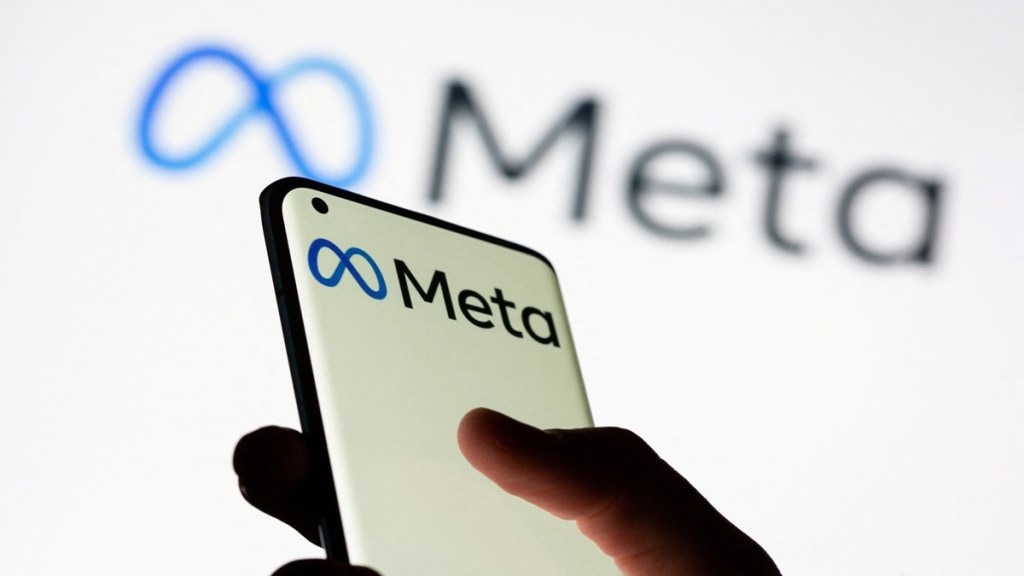Apple has criticised Meta’s numerous requests for access to its software tools, claiming these could threaten user privacy and security. This marks the latest development in the ongoing rivalry between the two tech giants. According to Reuters report, Meta has made 15 requests so far, seeking extensive access to Apple’s technology, which Apple argues could potentially allow Meta to collect personal data such as messages, emails, calls, app usage, and more.
Apple raised concerns that granting these requests could allow Meta to monitor and track users’ data across various devices, including Meta’s smart glasses and virtual reality headsets like Meta Quest. Apple also highlighted Meta’s past privacy violations in Europe as a reason for its concerns.
In response, Meta denied Apple’s claims, accusing the company of using privacy as an excuse to avoid interoperability. Meta argued that Apple’s actions are anticompetitive and that their privacy concerns are unfounded.
The European Commission, under the Digital Markets Act (DMA), is requiring Apple to allow greater interoperability with competitors. This new law, which came into effect last year, aims to prevent anti-competitive behaviour by large tech firms like Apple. The Commission has proposed new rules, including clear guidelines for how Apple should handle interoperability requests and provide developers with regular updates. A decision on whether Apple is complying with the DMA’s rules is expected by March 2024.







